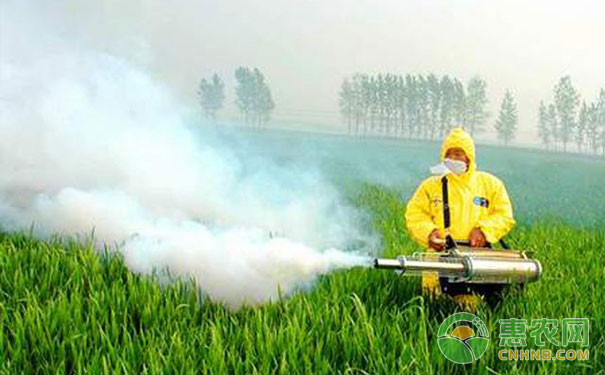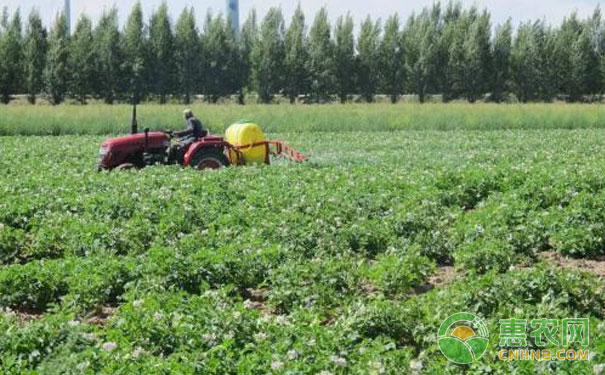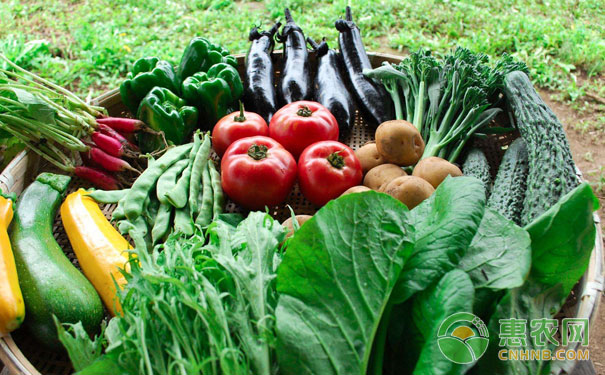The application of pesticides needs to be scientific, and the application of pesticides in greenhouse vegetables requires scientific guidance. Otherwise, it will not achieve the effect of prevention and control, but it is also prone to phytotoxicity. Therefore, Huinong.com Xiaobian will share with you the ten taboos that need to be paid attention to when applying pesticides.

First, avoid using live water to prepare pesticides.
Because there are many impurities in the living water, the preparation of the pesticide by it will destroy the suspension of the liquid, thereby causing precipitation, and it is easy to block the nozzle of the sprayer.
Second, avoid using well water to prepare pesticides.
Because the well water contains more minerals, especially calcium and magnesium. The minerals in the well water are easy to chemically react with the pesticides, forming a precipitate to reduce the efficacy.
Third, avoid increasing the amount of water.
Because too much water is added, the concentration of the pesticide will be too low, and the effect of the medicine may be greatly reduced, and some may completely fail and lose the killing ability. Pesticides that are lost in excess of water may also cause environmental pollution. Therefore, when formulating pesticides, it is necessary to strictly control the amount of water added according to the concentration requirements of pesticides.
Fourth, avoid using pesticides in the rainy days or in the hot sun.
Spraying pesticides in windy or rainy days, the chemicals are easily blown off or washed away to reduce the efficacy; while spraying the pesticides under the scorching sun, the plant metabolism is strong, the leaves of the plants are open, which is prone to phytotoxicity, and the drug volatilization is reduced. The effect, therefore, should master the best application time, 9-11 am, 3-6 pm is appropriate.

Fifth, avoid increasing the amount of pesticides.
Before the pesticides are approved for production and sales, they are subjected to strict field efficacy tests, and finally the standard use data such as the amount of medicine used, the time of administration, and the number of application times can be determined. Therefore, according to the dosage standards and methods specified in the pesticide instructions, the control effect can generally be achieved, and increasing the dosage will not only increase the input, but also cause phytotoxicity of crops, increase the residual amount of pesticides in agricultural products, and increase the environment. Pollution.
6. Avoid mixing unreasonable pesticides.
The mixed application of certain pesticides can effectively increase the control effect, and even reduce the dosage, or achieve the effects of pests, grasses or insects, and cure the disease, and the mixed application is more labor-saving and labor-saving. However, some pesticides do not work. For example, most organophosphorus pesticides cannot be mixed with alkaline pesticides or alkaline media, otherwise they will be quickly decomposed and failed. Substituted urea herbicides cannot be mixed with phosphate pesticides, otherwise it will easily cause cotton seedlings to cause phytotoxicity. The enemy emulsifiable concentrate cannot be mixed with organophosphorus pesticides, otherwise the rice will not be decomposed by the enemy and cause phytotoxicity. Therefore, before mixing pesticides, it is necessary to understand the nature and characteristics of various pesticides. Whether it can be mixed or not, please consult the relevant technical personnel.
7. Avoid using expired pesticides at will.
Pesticides are safer and more effective during the shelf life, otherwise they may cause unnecessary losses.
Eight, avoid spraying pesticides during the flowering period of crops.
The flowering or young fruit period of crops and fruit trees is weak in tissue resistance and is more susceptible to phytotoxicity. Therefore, these two periods must be avoided when spraying.
9. Avoid spraying pesticides before harvesting crops.
Generally, the high-efficiency and low-toxic pesticide residue period is about 15 days. Therefore, whether it is food, vegetables, or fruit trees, it is forbidden to apply medicine two weeks before harvesting to avoid food or food poisoning.

Ten, avoid abuse of pesticides.
The corresponding pesticide should be selected according to the type of crop, the object of control and the performance of the drug, that is, the right medicine should be used, and it is also necessary to avoid long-term use of a certain medicine.
The folding foot bath machine is a device that can be used to soak and massage feet. It's designed to be portable and easy to store, making it ideal for those who want to enjoy a foot soak and massage at home or on the go.
The machine usually consists of a basin or bathtub filled with water and an electric device that provides massage and vibrations. Some models may also feature heating or cooling to help soothe sore or tired feet.
The foldable design allows the foot bath machine to be easily stored in a closet or under the bed when not in use. Some models may also come with a carrying case or tote bag for added convenience.
Overall, the Foldable Foot Bath is a great way to relax and rejuvenate your feet after a long day. It can also help improve circulation and reduce pain and discomfort associated with conditions like plantar fasciitis or arthritis.
Collapsible Foot Bath Machine,Foot Bath Basin,Foot Spa Bath Basin,Water Foot Bath Machine
Huaian Mimir Electric Appliance Co., LTD , https://www.mimirfootbath.com